Zinc is a chemical element, which plays an extremely important role for health and the maintenance of good appearance. It is necessary for the growth and recovery of the body and is involved in the synthesis of several important hormones and in hundreds of enzymatic reactions.
Selenium is the most important element of the body's antioxidant defenses. It is a micromineral with extremely important biological and biochemical functions in living organisms due to its unique antioxidant properties and its ability to regulate the metabolism of the thyroid gland.
After many years of research and studies, scientists have found that selenium deficiency causes a serious breakthrough in the body's immune system - the cells become helpless in the face of viruses that invade them.
Selenium deficiency not only reduces the immunity and performance of the thyroid gland, but also leads to cardiovascular, endocrine, cancer, heavy metals accumulation, premature aging, diabetes, circulatory system disease, infertility in men, low fertility and allergies.
On the other hand, zinc is not accidentally called a cosmetic trace element. It takes care of the shine and density of the hair and the elasticity and freshness of the skin. It also regulates oiliness and helps treat acne.
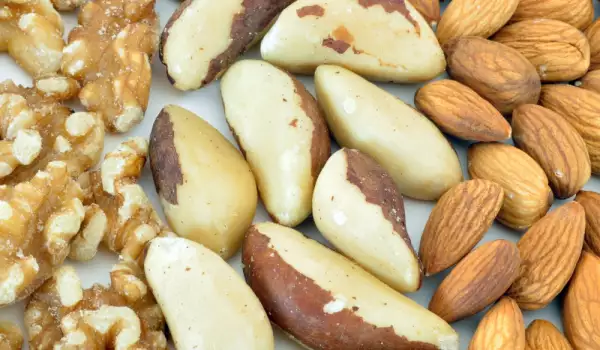
Zinc is extremely important and beneficial - all cells need it without exception. Its role is important for keeping the vision and memory in good condition, to maintain immunity and the reproductive system.
Zinc is an important trace element for children - in case of deficiency there is a significant slowdown in growth and weakening of the immune system. Its reduced amount in the body can affect the sensory organs, especially taste sensations and smell.
Selenium is a substance, which definitely do not get in the right quantities. Not many people receive the recommended dose of 200 micrograms per day.
Natural sources of selenium are cereals, raw nuts, raw vegetables, broccoli, brown rice. The highest selenium content is Brazil nuts.
Natural sources of zinc are foods such as meat, liver, seafood, wheat germ, brewer's yeast, pumpkin seeds, eggs, skimmed milk powder.
Other food sources are oysters, nuts, beans, sunflower seeds, chocolate, but zinc of animal origin is better absorbed.

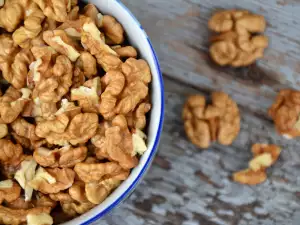

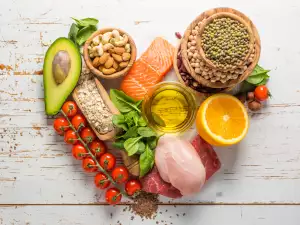



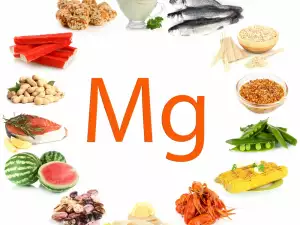

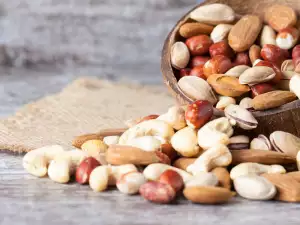










Comments